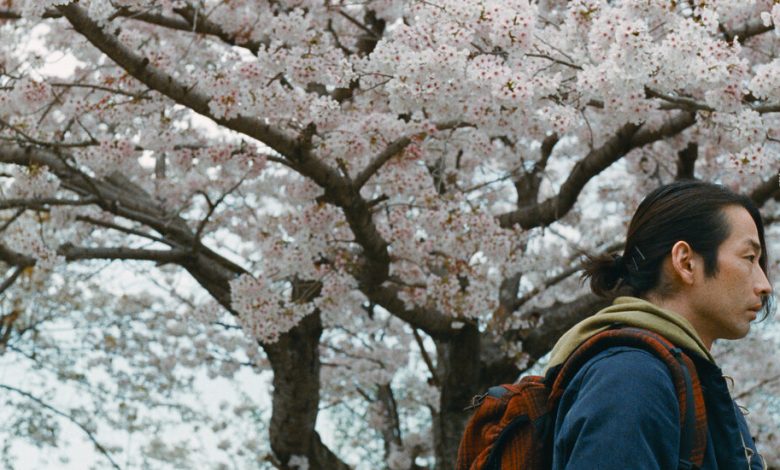‘Great Absence’ Review: A Mystery of Disappearance

We tend to think of absence as lack, and, in a literal sense, it is. But absence can be as real and looming as presence. Someone’s absence, after all, implies that they once were there — and so we feel the emptiness, whether we’re glad or in mourning.
The notion of a weighty emptiness hovers over “Great Absence,” a moving drama from the director Kei Chika-ura, who wrote the screenplay with Keita Kumano. This is a film about dementia, a topic filmmakers keep tangling with, probably because extended life spans mean that more of us experience these conditions in aging family members, or our own. Chika-ura interprets dementia as a gradual, spreading absence, a sense that something once lodged in the brain — the mechanics of how to answer a phone, or the knowledge of where you are physically — has disappeared, leaving behind a vacuum. Yet for the characters in “Great Absence,” the feeling of longing for something that once existed goes far beyond a memory loss condition.
Absence has structured the life of Takashi (Mirai Moriyama), an actor in Tokyo whose father, Yohji, left him and his mother when Takashi was small. He’s barely seen his father in the intervening years, only having a general sense of where he lives and what he’s up to. Yet one day, he gets a call to go to Yohji’s house, and brings his wife, Yuki (Yoko Maki). Yohji, it transpires, has been taken to a care facility. What Takashi finds in his father’s house is worrying, notes stuck to all surfaces with instructions for performing simple actions.
What he doesn’t find there is Naomi (Hideko Hara), the woman for whom Yohji left his family decades earlier. Yohji doesn’t seem to have any idea where she is, telling conflicting stories. This is no surprise: Yohji doesn’t even know where he is. It’s clear he’s been in decline for a long time.
The story of “Great Absence” is something of a mystery, as structured quite magnificently by Kumano and Chika-ura, directing only his second feature. The film moves freely between timelines, marked largely by Yohji’s lucidity and Naomi’s presence. Small clues dropped early in the film later help fill in the story as if they’re brush strokes, the full picture of this family’s painful absences emerging only near the end. Furthermore, Yutaka Yamazaki, the film’s revered director of photography, shot it on 35 mm film, which gives “Great Absence” a grainy, weighty feeling, as if we’re peeking into some past memory. To follow it all requires close attention, but it’s an attention that’s rewarded.
